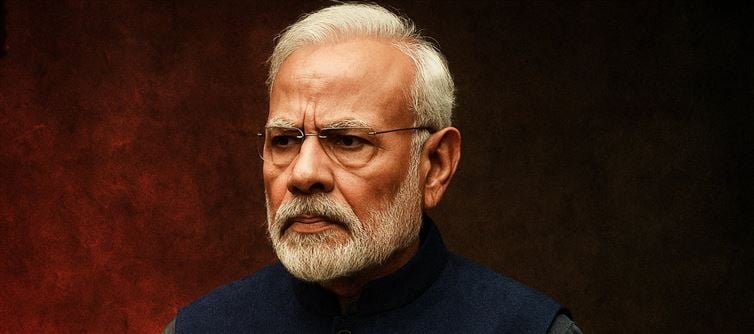
The squeeze is relentless. Sky-high school fees, crippling rents, and medical bills that spill beyond insurance leave families gasping for financial breathing room. For those who play by the rules—declaring every rupee earned and paying every rupee taxed—there is no safety net, no reward for compliance. Instead of world-class roads, efficient public transport, and reliable healthcare, the taxpayer is forced to fund private alternatives, paying twice over for services that the state should guarantee. The result is a corrosive cynicism: the sense that the government sees the middle class only as a source of revenue, never as stakeholders deserving dignity.
The harsh truth is this—taxpayers are subsidizing freebies instead of progress. Successive governments, blinded by electoral arithmetic, shower public money on giveaways while neglecting the basic infrastructure that underpins growth. Development remains slow, messy, and cosmetic because accountability is missing and priorities are misplaced. If india is serious about becoming a developed economy, it cannot keep punishing its backbone—the tax-paying middle class—while rewarding populism. Until the government fixes its focus, taxpayers will keep asking the same bitter question: Where is our money going?




 click and follow Indiaherald WhatsApp channel
click and follow Indiaherald WhatsApp channel